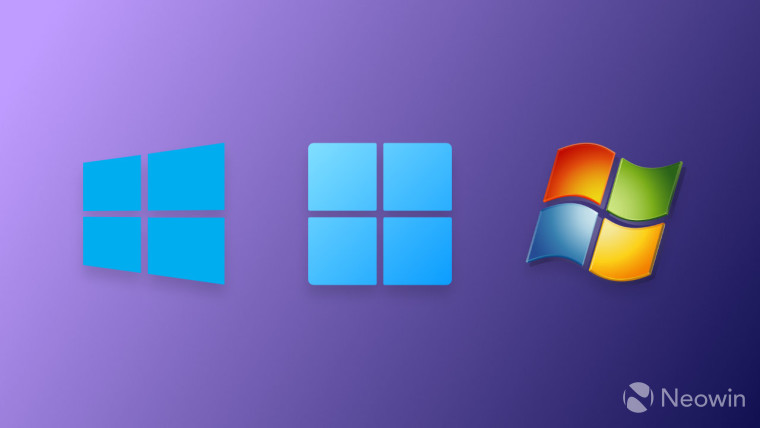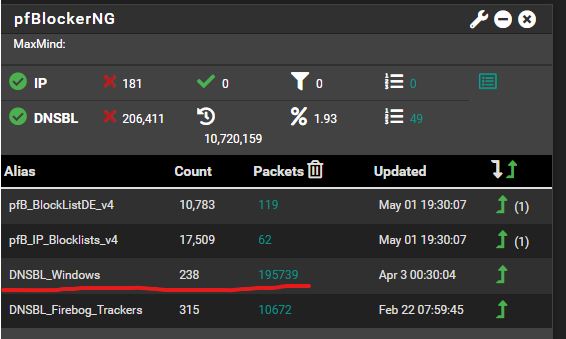Zarathustra[H]
Extremely [H]
- Joined
- Oct 29, 2000
- Messages
- 39,004
Surprisingly, Windows 11 Market Share Keeps going down, allowing Windows 10 to climb above the 70% mark.
Even with previous unpopular releases (like Windows 8) their market share didn't decline until after their successors were launched.

It's a little puzzling as to what is going on here. Are people just moving back to Windows 10? If so, why?
Even with previous unpopular releases (like Windows 8) their market share didn't decline until after their successors were launched.

It's a little puzzling as to what is going on here. Are people just moving back to Windows 10? If so, why?
![[H]ard|Forum](/styles/hardforum/xenforo/logo_dark.png)
